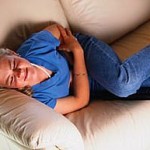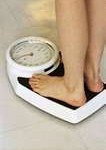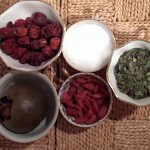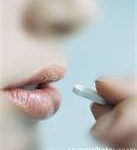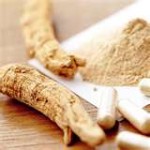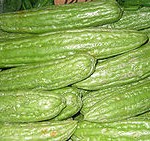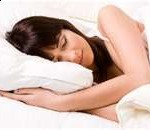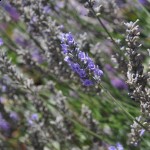 From time to time I get calls asking if children can take iSleep Herb Pac. While the herbs in the Pac Herbs product iSleep, are completely safe for children (adjusted to child's weight) on principal alone I do not recommend sleep aids for children. The reason for this, and I am referring to approximate age of 13 and under, is generally speaking children our very healthy and should not have problems sleeping.
From time to time I get calls asking if children can take iSleep Herb Pac. While the herbs in the Pac Herbs product iSleep, are completely safe for children (adjusted to child's weight) on principal alone I do not recommend sleep aids for children. The reason for this, and I am referring to approximate age of 13 and under, is generally speaking children our very healthy and should not have problems sleeping.
Although it is not uncommon for teens to have sleep disorders usually due to stress, children younger than 10 normally will only have an occasional bad dream that wakes them and falling asleep is completely related to the amount of exercise they have done on any given day. If your adolescent is having sleep problems, you must figure out the source of the stress that is keeping him or her from a good nights sleep. Providing a sleep aid pill will only exasperate the problem as they mature.
So what do you do when you are frazzled and tired of your rambunctious eight year old's bedtime getting later and later as a result of long summer days and the lack of a school routine? Here's a suggestion for young children that is a completely natural sleep aid.
Use lavender essential oil, as little as two drops in a warm bath will relax those little wide eyed monsters and settle their spirits. If they are not taking a bath the same two drops on their pillow will have a similar effect. Another possibility, take one drop of lavender essential oil and rub it in at a spot near the back of each ear lobe, (start at the back of the ear lobe and add two finger widths toward the back of head.) Rub a drop of lavender essential oil in the area to relax. This spot is used in Chinese medicine and acupuncture to calm the CNS. It's name Anmian, translated means peaceful sleep.
Lavender is a gentle, safe and effective sleep aid for children (and adults) with no habit forming tendencies. Except of course, they may become so accustomed to the scent they will not want to fall asleep without it. Don't worry, it is not terribly expensive. I am always grateful for a good nights sleep and I been known to carry a small bottle of lavender oil with me when traveling. I love everything about lavender, the name, the color growing in my yard, and especially the smell. It has a wonderfully calming scent with a gentle action of soothing nerves, perfect for both children and pregnant women as a natural sleep remedy.
Pac Herbs reserves all rights. Reproduction in whole or in part without permission is prohibited.This information is not intended to treat, diagnose, cure, or prevent any disease. All material in this article is provided for educational purposes only. Always seek the advice of your physician or other qualified health care provider with any questions you have regarding a medical condition, and before undertaking any diet, exercise, or other health program.

